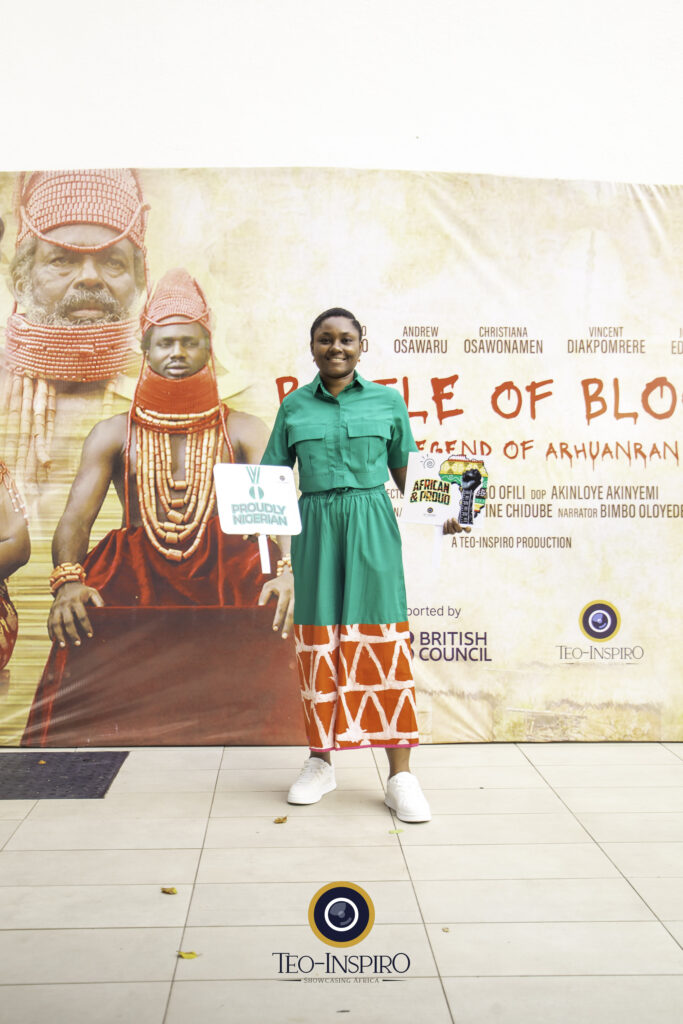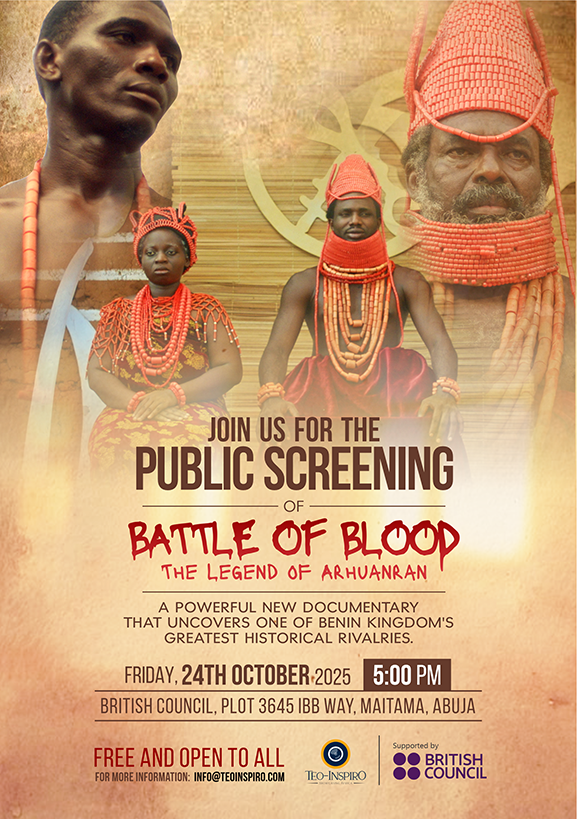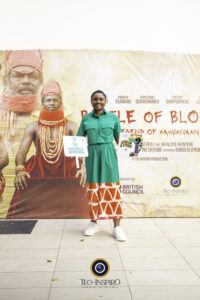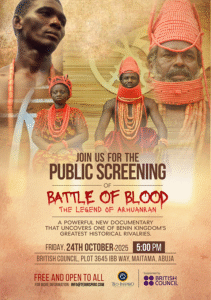
Suriname is a small country on the northeastern coast of South America, it is officially known as Republic Of Suriname. It is surrounded by vast swaths of tropical rain forest, Dutch colonial architecture and a melting-pot culture. On its Atlantic coast is the capital, Paramaribo, where palm gardens grow near Fort Zeelandia, a 17th-century trading post. Paramaribo is also home to Saint Peter and Paul Basilica, a towering wood cathedral consecrated in 1885.

Suriname is bordered by the Atlantic Ocean to the north, French Guiana to the east, Guyana to the west and Brazil to the south. At just under 165,000 square kilometers (64,000 square miles), it is the smallest Sovereign State in South America.

Suriname has a population of approximately 575,990 population most of whom live on the country’s north coast, in and around the capital and largest city, Paramaribo.
Suriname was long inhabited by various indigenous people before being invaded and contested by European powers from the 16th century, eventually coming under Dutch rule in the late 17th century. As the chief sugar colony during the Dutch colonial period, it was primarily a plantation economy dependent on African slaves and following the abolition of slavery in 1863, indentured servants from Asia. Suriname was ruled by the Dutch-chartered company Society of Suriname between 1683 and 1795.

Suriname became one of the constituent countries of the Kingdom of the Netherlands in 1954. The Country left the Kingdom of the Netherlands to become an independent state on 25th November 1975, nonetheless maintaining close economic, diplomatic, and cultural ties to its former colonizer. Suriname is considered to be a culturally Caribbean country, and is a member of the Caribbean Community (CARICOM).
While Dutch is the official language of government, business, media, and education, Sranan Tongo, an English-based Creole language, is a widely used Lingua Franca. Suriname is the only sovereign nation outside Europe where Dutch is spoken by a majority of the population.

The discovery of a significant oil field off the coast of Suriname has grabbed headlines in the past few weeks. With less than a million inhabitants and a GDP per capita of $6,310, the new discovery could be a game changer for the small South American nation. The American Apache and French Total discovered the country’s first offshore energy resource, this was influenced by Guyana’s offshore success. The newfound oil wealth couldn’t have come at a better time for Suriname and its stagnating economy.












